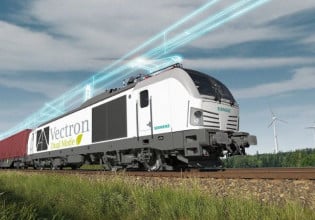The International Organization for Standardization (ISO) launched its International Standard ISO 50001 on energy management systems, an eagerly awaited event because it is estimated the standard could have a positive impact on some 60% of the world’s energy use. ISO 50001 will provide public and private sector organizations with management strategies to increase energy efficiency, reduce costs and improve energy performance.
ISO Secretary-General Rob Steele commented: "Energy is critical to organizational operations and can be a major cost to organizations, whatever their activities. An idea can be gained by considering the use of energy through the supply chain of a business, from raw materials through to recycling. Individual organizations cannot control energy prices, government policies or the global economy, but they can improve the way they manage energy in the here and now. Improved energy performance can provide rapid benefits for an organization by maximizing the use of its energy sources and energy-related assets, thus reducing both energy cost and consumption. The organization will also make positive contributions toward reducing depletion of energy resources and mitigating worldwide effects of energy use, such as global warming."
ISO 50001 is intended to provide organizations with a recognized framework for integrating energy performance into their management practices. Multinational organizations will have access to a single, harmonized standard for implementation across the organization with a logical and consistent methodology for identifying and implementing improvements. The standard is intended to accomplish the following:
– Assist organizations in making better use of their existing energy-consuming assets.
– Create transparency and facilitate communication on the management of energy resources.
– Promote energy management best practices and reinforce good energy management behaviors.
– Assist facilities in evaluating and prioritizing the implementation of new energy-efficient technologies.
– Provide a framework for promoting energy efficiency throughout the supply chain.
– Facilitate energy management improvements for greenhouse gas emission reduction projects.
– Allow integration with other organizational management systems such as environmental, and health and safety.






